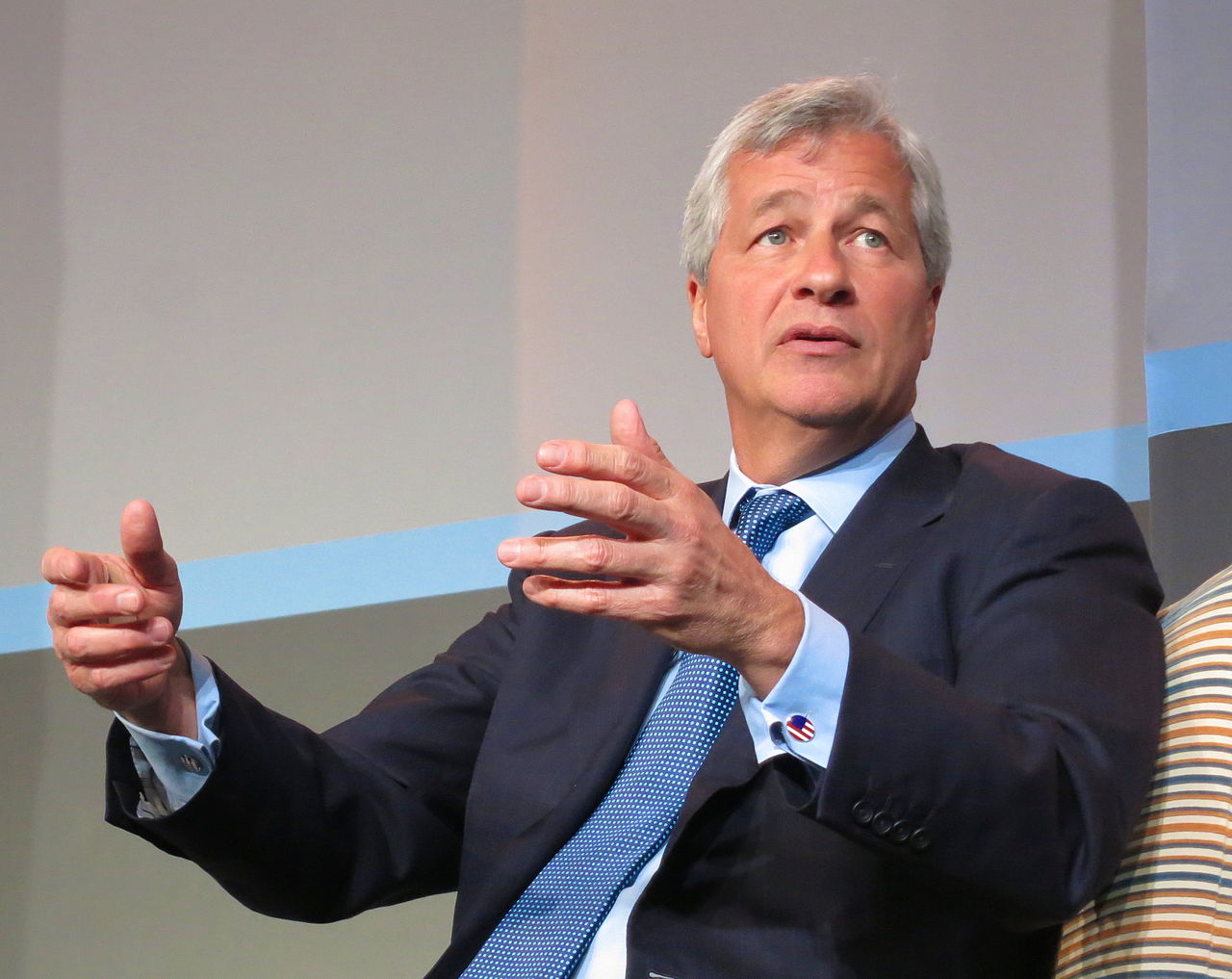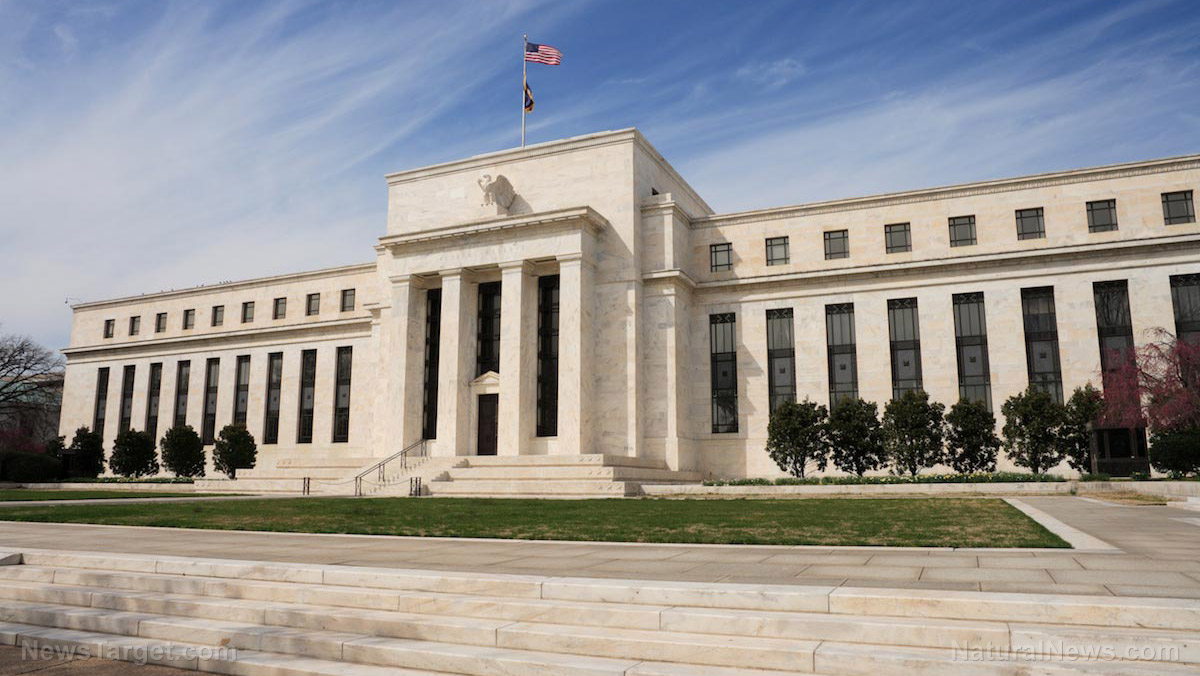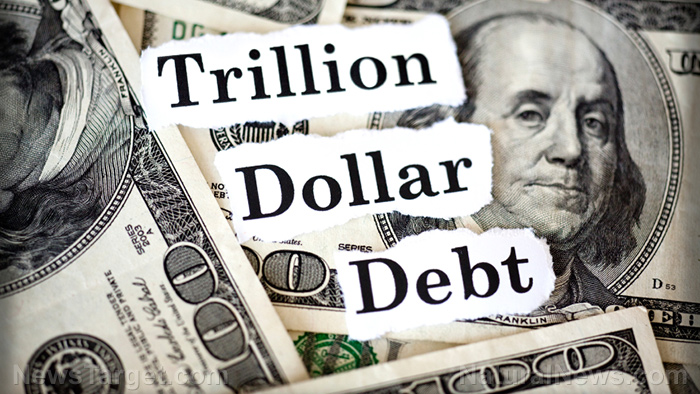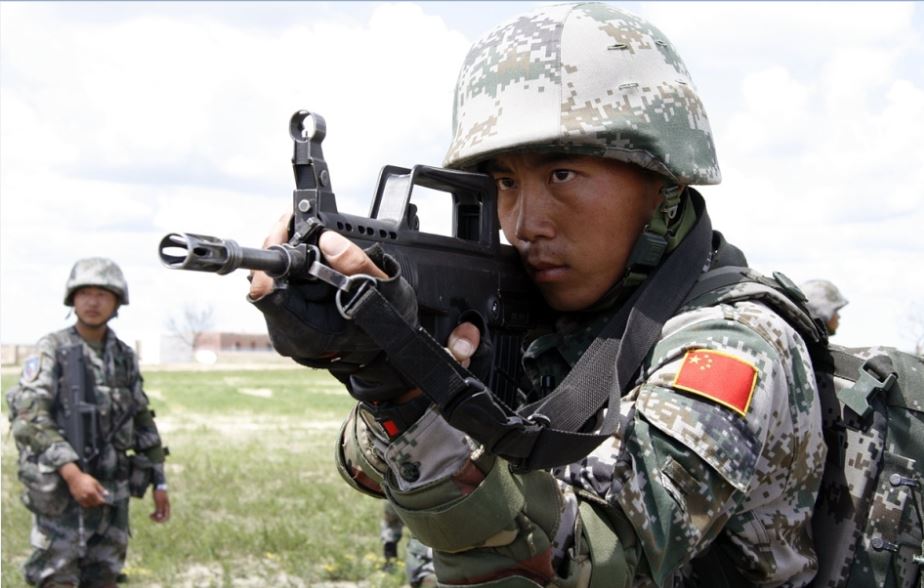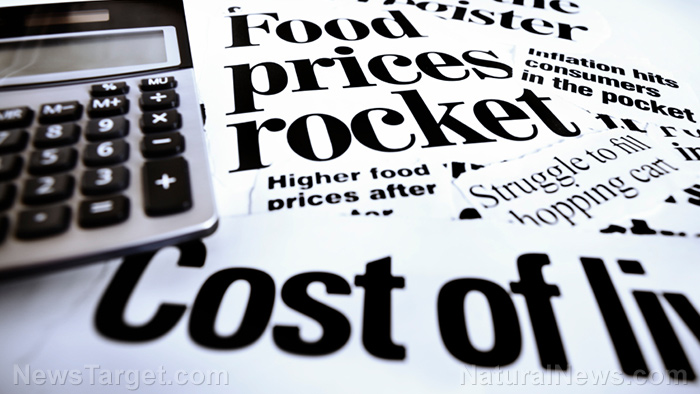Nuclear-armed Pakistan now on the verge of economic collapse, following in path of Sri Lanka
06/03/2022 / By JD Heyes

The global debt bomb is about to explode and take several countries with it, leading to the most dangerous, unstable time in the history of the world since World War II.
After the government of Sri Lanka began experiencing hyperinflation and shortages of nearly everything but especially food beginning last month, the situation there quickly escalated into mass unrest and threatened to topple the government.
“Many people in Sri Lanka are facing acute food, fuel and medicine shortages as it battles one of its worst economic crises since becoming an independent nation in 1948. The economy had been hit badly by the Wuhan coronavirus (COVID-19) pandemic as tourism – one of its crucial revenue generators – came to a standstill, as did other major sectors and foreign remittances,” Natural News reported in May.
“Moreover, the government piled up a mountain of debt by borrowing heavily from foreign investors and countries. It also implemented badly-timed tax cuts and banned the import of chemical fertilizers to encourage organic farming, which led to farmers being unable to grow enough crops,” the report added.
Now, it appears as though Pakistan, armed with roughly 165 nuclear weapons on short-range and medium-range missiles, may be the next to implode, according to the country’s finance minister, Miftah Ismail.
Officially, Pakistan’s inflation rate is roughly 13.37 percent, or double the official CPI in order to understand more accurately how dire the price of inflation actually is. That is the second-fasting-rising rate in Asia, leading Pakistan to now seek relief from its foreign debt obligations and a bailout from the International Monetary Fund. Initially, Pakistan and the IMF inked a three-year deal in 2019 for $6 billion but now the Pakistani government says it is “outdated” because of the COVID-19 pandemic as well as new global financial pressures. Ismail now says that Islamabad is in “dire need” of at least $35 billion just to remain afloat.
As reported by Zero Hedge, Pakistan appears to be having similar problems as Sri Lanka:
Pakistan is slated to pay back over $21 billion USD in foreign debt within the next fiscal year. It is also struggling with extensive food inflation and supply chain disruptions as the government seeks to import at least 3 million tons of wheat and 4 million tons of cooking oil to alleviate shortages.
This is yet another example of the spread of global inflation/stagflation that is going largely ignored by western media outlets. Nations like Pakistan with already weakened economic conditions are canaries in the coal mine; leading indicators of what is likely to happen throughout more affluent first world nations should current conditions continue.
As for the food crisis, that is only going to get worse; The UN, the IMF, the BIS, the World Bank, and the World Economic Forum have all predicted as much. That said, the Western mainstream media has been noticeably quiet in warning about it especially in nations where the issue is already beginning to be a problem.
What makes instability in Pakistan much more serious is the fact that it is one of just nine countries in the world that officially declared themselves nuclear powers. In addition, Pakistan has an ongoing border conflict with India which has twice flared into full-blown wars — in 1947 and 1966. The two countries also fought a limited war in 1999.
So, as economic instability increases, so, too, does public discontent and the potential for rebellion and internal conflict. By extension, the power elite have often turned to war in the past in order to unite the country and distract from the financial fallout being experienced by citizens. Without that “release valve,” which is itself bad enough, the potential for mass civil unrest and war within Pakistan grows by the day.
The world is set to implode and it’s not going to be pleasant. Plan accordingly.
Sources include:
Submit a correction >>
Tagged Under:
chaos, civil war, Collapse, economic collapse, economy, food insecurity, food shortage, IMF, IMF bailout, Inflation, internal unrest, nuclear weapons, Pakistan, rebellion, rebellions, risk, unrest, War
This article may contain statements that reflect the opinion of the author
RECENT NEWS & ARTICLES
COPYRIGHT © 2017 RISK NEWS



